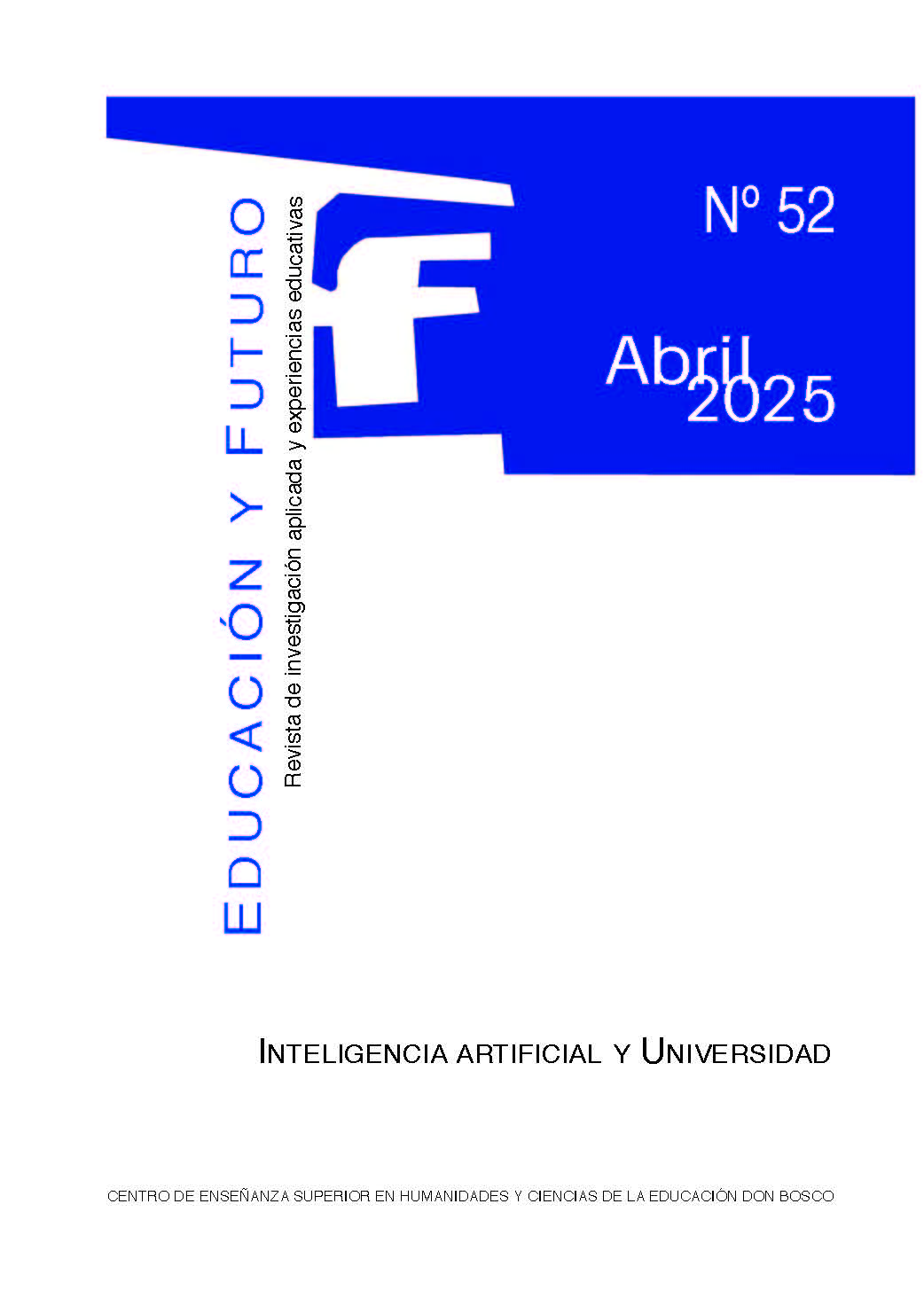Artificial Intelligence and Assessment in University Contexts
A Review of Recent Advances
Keywords:
artificial intelligence, assessment, instrument design, grading, universityAbstract
Artificial intelligence (AI) has brought continuous and dynamic changes to the educational field, particularly in simulating real environments, personalising learning, accessibility, equity, and optimising complex tasks such as assessment processes. This study aims to analyse the impact of AI-based models in university contexts. A systematic review of recent advances was conducted using the PRISMA Protocol to identify potentials, limitations, and essential strategies for effective integration. Most selected studies reveal substantial progress in the design of assessment instruments, grading, and feedback. However, their effectiveness depends heavily on contextualised instructions, alignment with curricular elements, the type of material assessed, and human oversight. Essential components for effective and responsible integration include training for teachers and students, appropriate instrument selection, technical development of the technology, and ethical use.
Downloads
Downloads
Published
How to Cite
Issue
Section
License
Educación y Futuro: Revista de Investigación Aplicada y Experiencias Educativas © 1999 by Centro Universitario Don Bosco is licensed under CC BY-NC-SA 4.0







